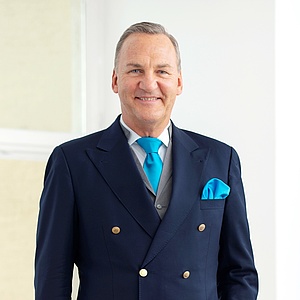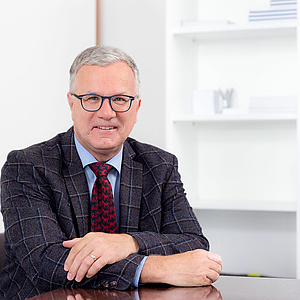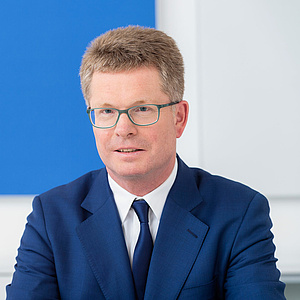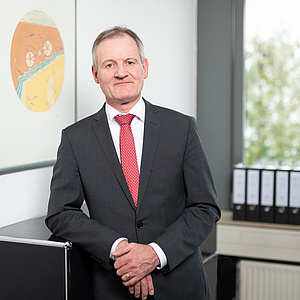
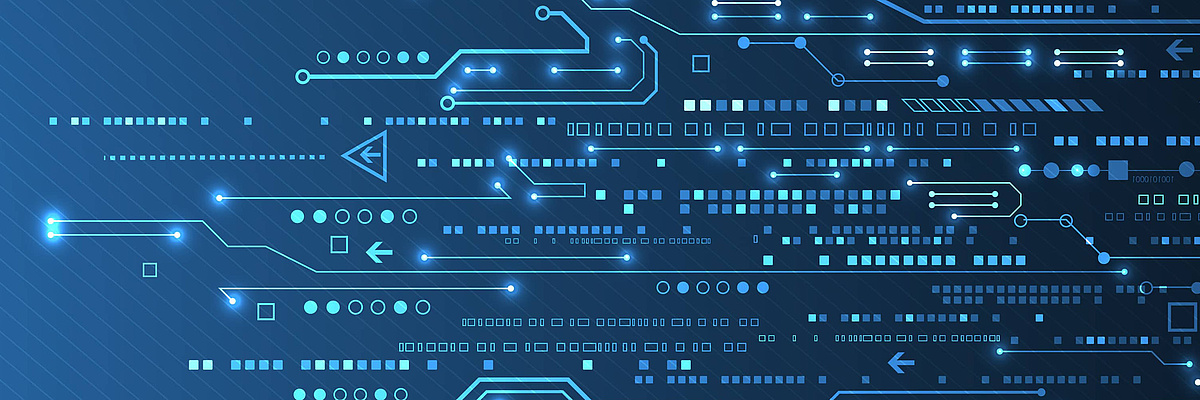
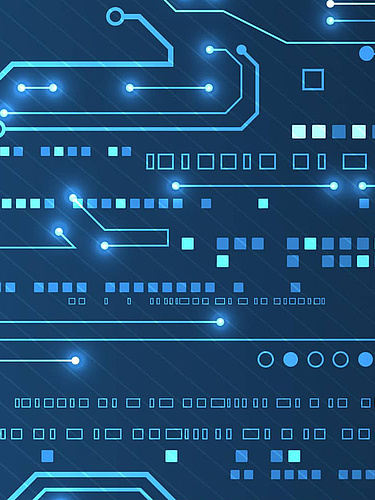
An nineteenth century electrical engineer, arguably when the commercialisation of electricity began, would, when looking at today's technology, scarcely believe the development in this technical field. Whilst electrical engineering arguably still comes down to the movement of electrical charge, the seemingly limitless possibilities that new conductors and semiconductors allow, means that Thomas Edison would scarcely recognise the twenty first century electrical engineer! Since the invention of the first semiconductor transistor, which was essentially just a switch, the pace of technological development and the new fields of endeavour has increased year on year.
With each new generation of electronic devices, their physical size reduces whilst their capabilities, storage capacity and processing power increases. The constant decrease in electronic component size leads to increasing processor speeds and ever greater and sharper displays. When the first mobile telephones started to come on the market in the mid-1980s, one could hardly have imagined the transformation from such bulky, energy inefficient and simple telephone devices to today's modern smartphone market. The sheer volume of data being transferred in any given moment is staggering, and seems destined to rise at a near exponential rate. Not only has the improvement in data transfer through the air revolutionised humanity’s inter-connectivity, it has opened up new technology avenues and fields. For example: avionics, which broadly speaking covers the electrical equipment on board aircraft and associated control towers on the ground, is able to gather and analyse increasing volumes of data helping to keep air travel one of the safest forms of travel – all of this being based on quicker, smaller and more capable electronic devices.
As with all fields of scientific endeavour, electrical engineering encompasses a wide range of technologies. Protecting new ideas and inventions in these fields, allowing proper development and careful commercialisation, requires skilled intellectual property experts well versed in both patents and electrical engineering. It is particularly important for a patent professional to be able to apply the latest knowledge in this field to the drafting and prosecuting of new patent applications, whilst also correctly assessing these new applications in light of comments and objections from patent Examiners. To ensure that Meissner Bolte is well placed to properly assist you in the drafting and prosecution of your new ideas, our patent professionals are well versed in all areas of electrical engineering, particularly including:
For your patent filings and subsequent prosecution in front of the European patent Office, the German Patent and Trademark Office and the UK Intellectual Property Office, Meissner Bolte will assemble an appropriate team of professionals with the right background and competence to ensure the best fit. In particular, the team of competence assigned to individual projects and clients is chose to allow us to review all of your new developments from different angles, thereby ensuring that the best level of protection is obtained.
Our professional specialists' knowledge and expertise in the field of electrical engineering is particularly beneficial when drafting and enforcing so-called "standard-essential patents" (SEP). These monopoly rights provide protection to patent owners for their telecommunications inventions which also cover one or more of the telecommunications standards. The field of telecommunications employs numerous technical standards which all manufacturers must abide, these standards properly ensure that all devices connected to a network can communicate with each other. Patents which overlap with such standards can be of particular value, as it is clear that all third parties active in this field must both abide by the standard and use the patented technology.
A common field for SEP filings is that of mobile communications and cell phones. Countless standards exist in this field and are applied to both networks and hardware within said network, ensuring that communication and the transfer of data can proceed without any technological hindrance. The latest 5G telecommunication standard provides all the information needed to third parties, allowing them access to this latest development.
Of course, to ensure appropriate competition in the market and to preserve market access for all providers, case law has developed to ensure that patent holders of SEPs provide proper market access to their competitors. In particular, the holders of an SEP must license rights to third parties on fair, reasonable and non-discriminatory terms; these are known as FRAND licensing terms. The legal procedures associated with FRAND licensing are neither simple nor without controversy: questions as to whether a proposed license is "fair", "reasonable" and, above all else, whether it takes into account the requirements of “non-discrimination”, has proved to be a source of much conflict between parties.
SEPs and FRAND licensing is proving to be a minefield of case law and legal interpretation, wherein no good patent recipe (not even a standard-essential recipe!) exists to help parties navigate safely through. From a legal perspective, Meissner Bolte can provide you with a team of experts with both extensive experience and drive in facing the diverse challenges which regularly arise with SEPs and FRAND licensing agreements. Our professionals stand ready to assist you through this legal minefield and would be delighted to discuss your problems at any time - please do not hesitate to contact us.
